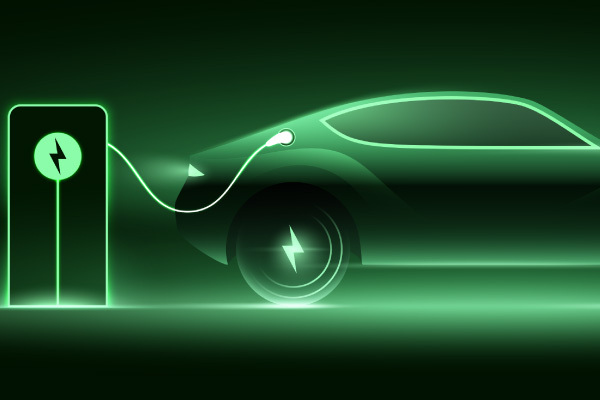
Install Your Own Home EV Charger
Without question the world is headed toward EV transportation. By 2025, electric vehicle sales could comprise up to 20% of new car sales. By 2030, electric vehicle sales could reach 40% of new car sales. By 2040, electric vehicle sales could account for nearly all new car sales.
It’s true of agricultural vehicles too. The Global Memorandum of Understanding (MoU) on Zero-Emission Medium- and Heavy-Duty Vehicles launched in 2021 promises to work together to achieve 100% ZEV bus and truck sales by 2040, with an interim goal of 30% by 2030.
However, reports Finance.yahoo.com, the adoption of electric farm tractors is still in the early stages, and traditional diesel-powered tractors remain the dominant choice for most farmers.
Almost all electric vehicles come with what’s called a Level 1 charger that plugs directly into a standard outlet. But they charge a car’s battery slowly, taking more than a day to fully charge.
According to HomeAdvisor, the cost to install an EV charger at home ranges from $528 to $1,317. In order to run a dedicated line, your electrical panel has to be able to support it, explains Davey Reyes, Evergreen Electric Partner.
With the exception of Tesla’s Supercharger, compatible only with Teslas, all Level 1 and Level 2 chargers available in North America have a standard plug that will work with any electric car. From there, the options differ by size, charging speed, cord length and WiFi connection.
Evergreen Electric can give you a free estimate to install an EV charging solution—from hardware and software to support and maintenance. It can run from $1,000 to $5,000 per Level 2 charging station.
A Level 3 charging station as is used in a commercial space can cost between $10,000 and $40,000 and can fully charge an EV battery in 30-60 minutes. The upside is that an EV charger at an office building is attractive to tenants and increases the building’s value and the sq ft price able to be charged.